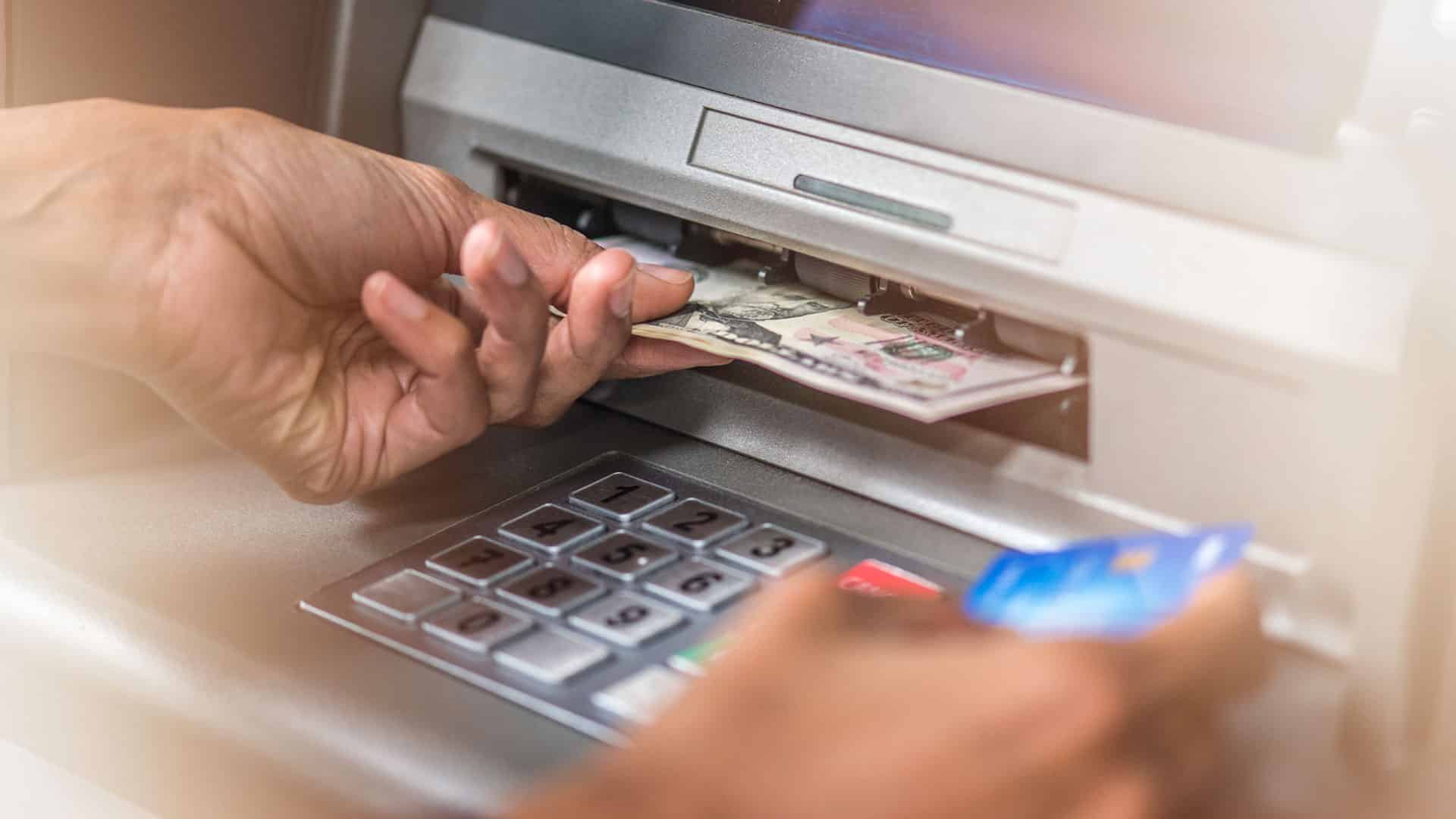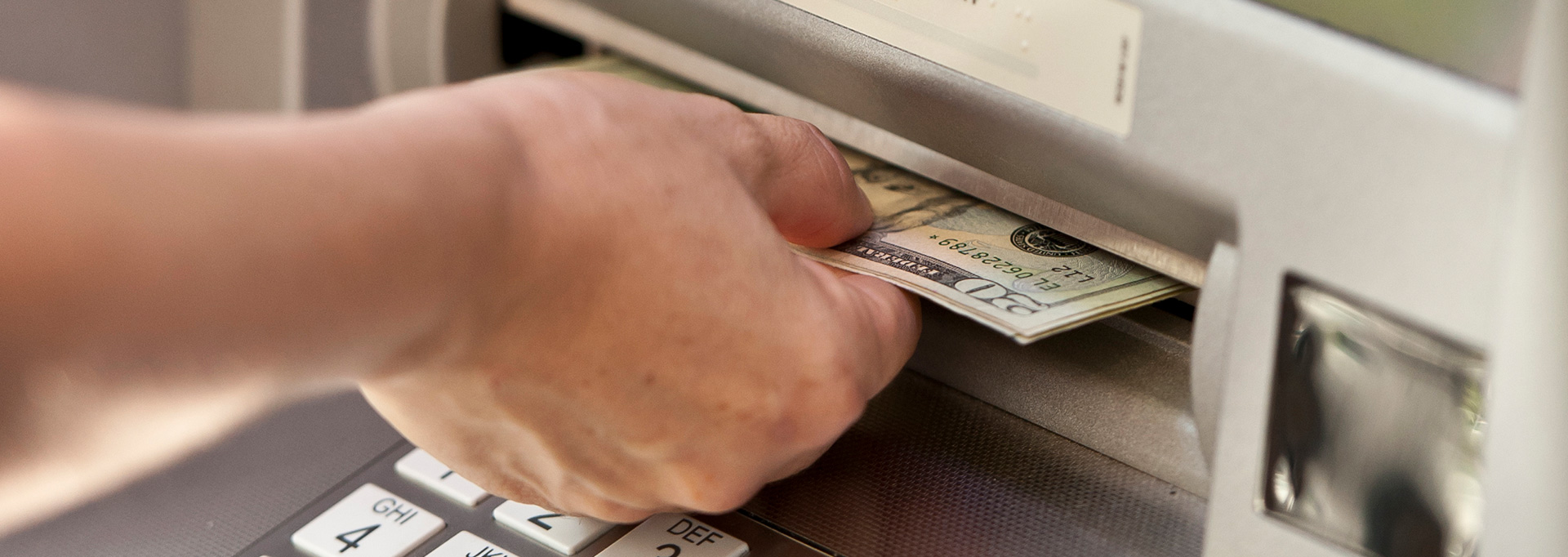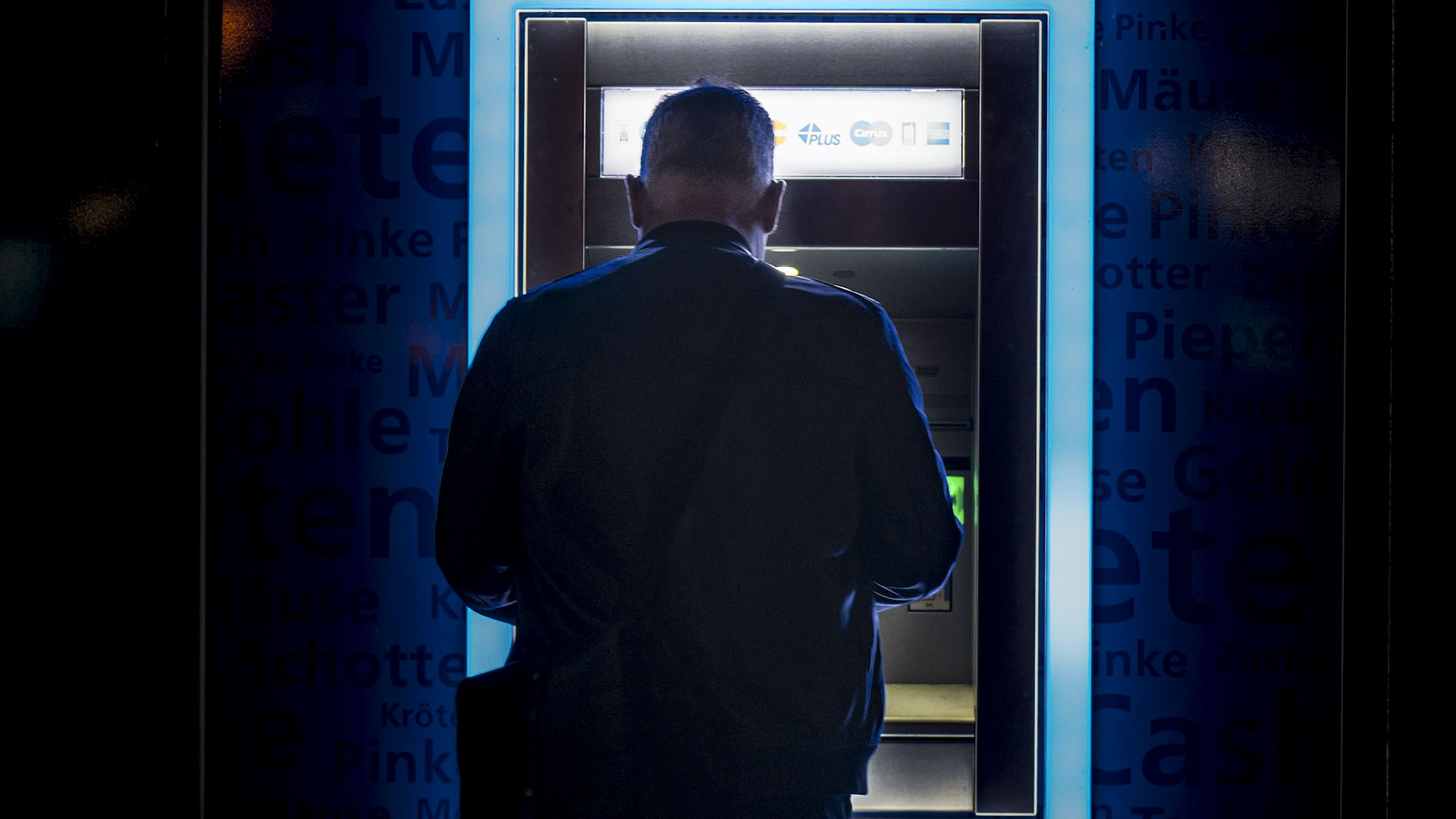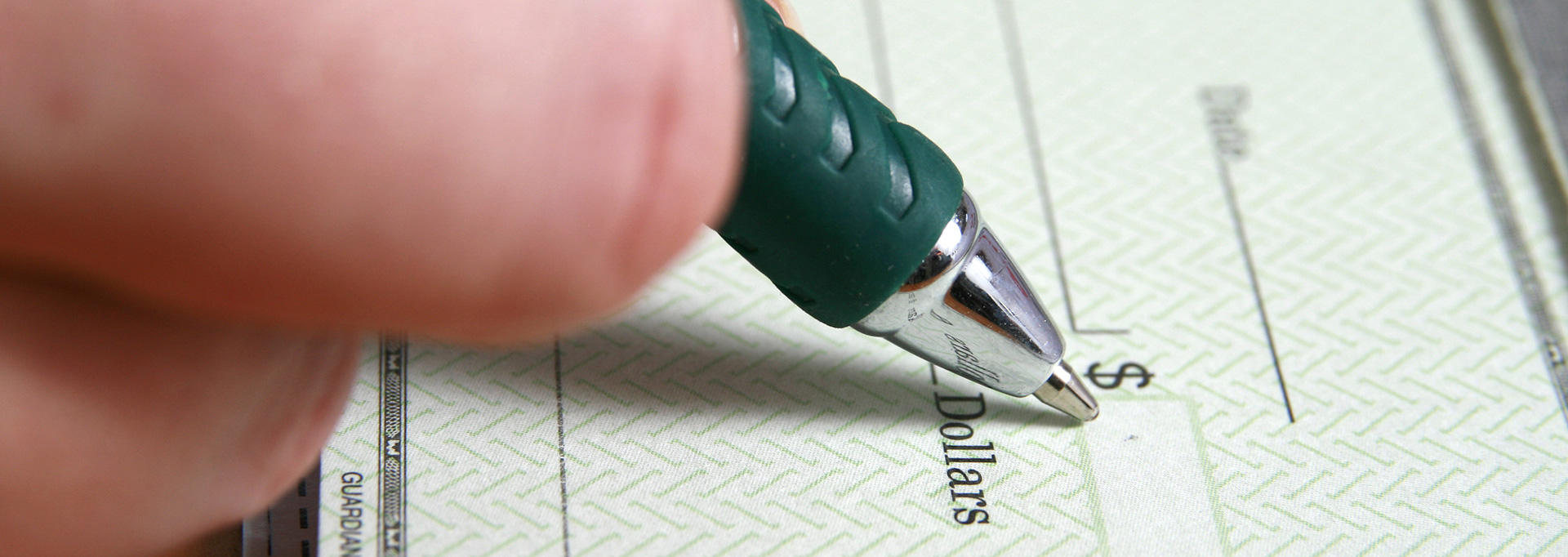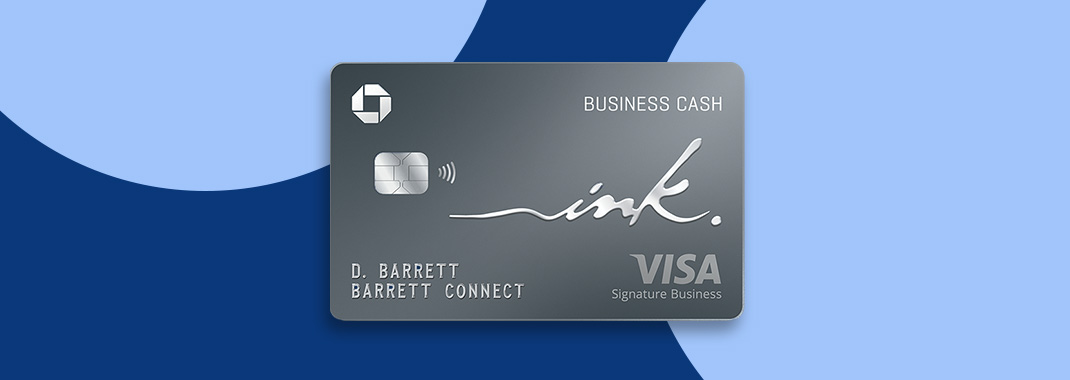Most products on this page are from partners who may compensate us. This may influence which products we write about and where and how they appear on the page. However, opinions expressed here are the author's alone, not those of any bank, credit card issuer, airline or hotel chain.
Your bank accounts act as a necessary financial command center that helps you live your life and plan for the future. While your checking and savings accounts are vital for managing your money, you shouldn’t pay a ton of fees to use them. Here’s a look at common bank fees you may encounter—and strategies to avoid them.
1. Monthly Service Fees
The monthly service fee is one of the most common fees out there. This charge often shows up on your bank statement as an automatic withdrawal, and they can range from a few dollars to $30 or more, depending on the account.
How to avoid monthly service fees: Look for banks that don't charge this fee to begin with. But if your account does have this fee, you might be able to waive it with certain activities, like maintaining a minimum balance, setting up direct deposit, making a certain number of monthly transactions or signing up for electronic statements.
2. Overdraft Fees
Overdraft fees are less common than they used to be, but many banks still charge these if you accidentally withdraw more money from your account than you have available and the bank has to temporarily cover the transaction. Some banks charge more than $30 for each overdraft, which can easily lead to hundreds of dollars in fees in a single day if you’re not aware of your balance.
How to avoid overdraft fees: The best way to avoid this fee is to keep a careful eye on your balance so you don’t overdraw your account. Be sure to watch your available balance as transactions can take time to clear. Also look for accounts that don’t impose this fee at all or offer some level of overdraft protection.
3. Non-Sufficient Funds Fees
If you withdraw more money than you have in your account, your bank could reject the transaction and charge you for it, which is called a non-sufficient funds (NSF) fee. This often happens if someone tries to cash a check you wrote but you don’t have the funds to cover it.
How to avoid non-sufficient funds fees: Keep an eye on your balance and make sure you know when any checks you’ve written are expected to clear. Some banks waive NSF fees entirely, though this isn’t as common as monthly fee waivers, but it’s worth a read of any account’s fine print to see what you’re in for.
 Related Article
Related Article
Best Early Direct Deposit Banks: Get Paid Up to 2 Days Early
4. Out-of-Network ATM Fees
Many banks charge a fee when you use an ATM from another bank. What’s more, the other bank may charge you as well, giving you a fee double-whammy.
How to avoid ATM fees: If you regularly use ATMs, look for an account with a large ATM network that doesn’t charge fees. You can also look for one that reimburses you for fees charged by other ATMs.
5. Paper Statement Fees
Some banks charge fees for sending paper statements through the mail. Most people don’t have a need for paper statements in the digital age, and if you’re one of them, this fee is easy to get waived.
How to avoid paper statement fees: Many banks and credit unions will waive this fee if you sign up for electronic statements. As a bonus, it’s also good for the environment.
6. Foreign Transaction Fees
If you’re traveling internationally and use your debit card, you could get hit with a foreign transaction fee from your bank, usually around 3% of the purchase.
How to avoid foreign transaction fees: Consider using a travel credit card in lieu of your debit card when making purchases outside the U.S. or in foreign currencies. Be sure to read the fine print and make sure your travel card charges no foreign transaction fee before you make your purchase.
 Related Article
Related Article
Best Credit Cards for TSA PreCheck and Global Entry Reimbursement
7. Inactivity Fees
Some banks charge fees if you don’t deposit or withdraw funds for a specific period of time, such as six months, though the time frame varies per bank.
How to avoid inactivity fees: If you’re not using the account much these days, consider closing it. You might be able to switch to a bank that doesn’t charge this fee or offers a longer inactivity window. Consider choosing a bank that offers a new bank account sign-up bonus.
8. Wire Transfer Fees
Most banks charge a fee for wire transfers. A wire transfer is a fast, secure way to send funds between banks and accounts, but you could end up paying for that convenience.
How to avoid wire transfer fees: Many banks charge for outgoing transfers but not incoming, so it’s worth checking the fee schedule to see what costs you’re in for ahead of time. If all else fails, you can avoid this fee by using other transfer methods, like Venmo, Zelle or even a paper check.
9. Lost Debit Card Fees
Losing your debit card can be really stressful, and to add one more thing to your plate, you might be charged a fee to replace it.
How to avoid lost debit card fees: The good news is many banks will replace it for free if you lose your debit card. Others offer you one free replacement and charge for any others after that. The simplest way to avoid this fee is to not lose your debit card, but if that unfortunate event does happen, the next best thing is knowing you won’t be charged a fee to get a new one.
Why Do Banks Charge Fees?
Banks charge fees to increase their profit and, to some extent, to cover their expenses. But banks make the majority of their money from the interest they charge when lending money, so fee revenue is the icing on the cake. According to the Consumer Financial Protection Bureau, banks made $1.75 billion in overdraft and non-sufficient fees alone in the third quarter of 2022. And this is actually a decrease from older figures as the trend to reduce or eliminate fees in banking continues.
While many customers pay hundreds or thousands in fees each year, savvy banking consumers don’t pay a cent. If you’re in the habit of paying bank fees, consider changing banks (or your banking habits) to avoid these fees in the future.
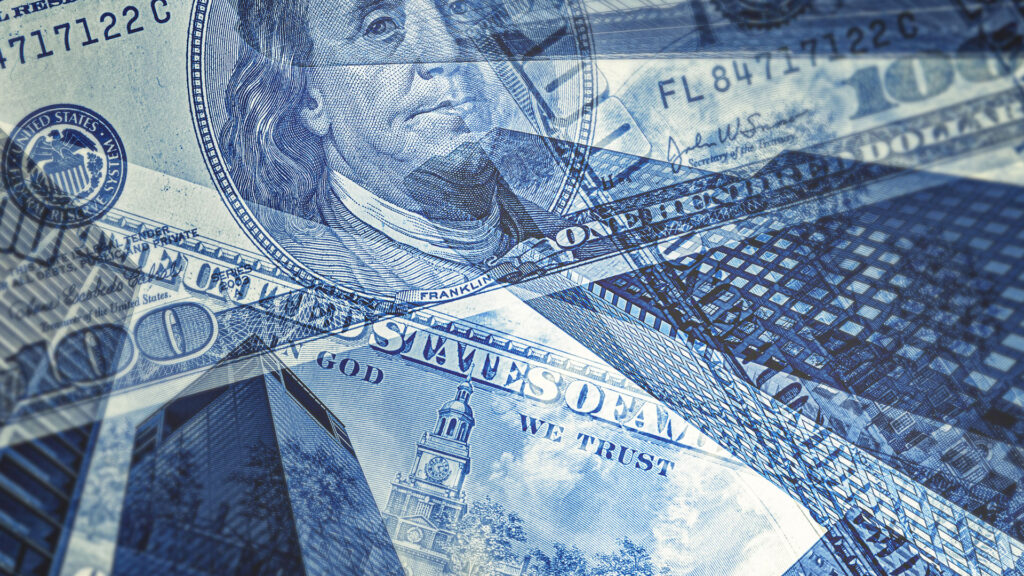 Related Article
Related Article
Best High-Yield Savings Accounts (April 2025)
Don’t Give Your Hard-Earned Money to the Bank
You work hard for your money, and you shouldn’t have to give any of it to a bank. Banks make most of their money by lending out the funds you keep on deposit, so they don’t need those extra fees to get by. Banks make plenty without charging fees for checking and savings accounts, so you should be wary of any account with recurring or high fees.
When you pick the best accounts and stay in tune with your budget and finances, you won’t pay many bank fees—or possibly any at all, and that’s the best deal around.




